The Virtual End Game: Pearson’s Cite 2015
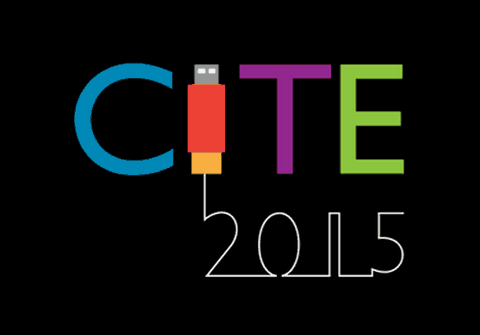
Pearson held its Cite 2015 Conference on online learning in Orlando, Florida last week. Following along as a virtual attendee on a rare blazingly hot San Francisco day, I heard many complaints about the rainy Florida weather and was happy that I didn’t travel thousands of miles for the conference.
This was Pearson’s first year including a virtual track, and I thought it was remarkably well-orchestrated. The audio and visual quality of the presentations were uniformly high (although not all presentations were available online). Many of the speakers gave a shout out to the conference’s virtual attendees. And there was a lively discussion on the conference’s dedicated Twitter feed (#pearsoncite) which allowed me to participate in conversations about the presentations and connect with other attendees. Virtual conferences can’t quite replicate the serendipitous discoveries and networking opportunities that only come with physical attendance, but they are a valuable option when you can’t get there in person or prefer to have a sampling rather than a full immersion in a conference.
Many of the speakers used the milestone year of the conference to consider how the developments of the last fifteen years have impacted us. Alec Couros, for example, quoted Marshall McLuhan’s adage that, “We shape our tools and then our tools shape us.” Allison Cerra drew a distinction between the “digital natives,” meaning people who grew up using technology, and “digital immigrants,” who adopted new technologies as adults. Cerra stressed that constant connectedness brought about by cell phones and the internet has shaped the Millennial generation and made it distinct from the Gen Xers and baby boomers.
So what are the current trends in online learning and educational technology identified at Cite 2015? One common theme was that technology itself is simply one tool among others. Michael Fullan, for example, warned against allowing technology rather than pedagogy to drive educational goals. Fullan is in the midst of a long-term global study of how schools can institute effective, positive change and emphasized that it still comes down to leadership and engagement. In other words, motivated people rather than advanced technologies are at the center of the equation.
Similarly, Couros focused on what he called “participatory learning”: using a personal learning network to find people who can teach you or collaborate with you. In his own teaching, Couros has connected his courses and students to outside teachers and mentors (as well as more closely connecting them to each other) by using tools such as Twitter and Google hangouts.
Cerra, likewise, envisioned a future classroom that might have a central networked device connected to students’ tablets. When students disengaged or struggled with the material, the device could subtly alert the teacher who could respond by checking in with students individually or changing teaching strategies. The technology, in other words, would assist rather than displace the teacher.
If the Cite 2015 is an indication of overall trends, I think we are seeing a healthy shift in perspective when it comes to digital technology in education. Instead of just celebrating technology for technology’s sake, educators are thinking about how these tools impact their students and themselves, and how to use digital tools in the service of educational goals.



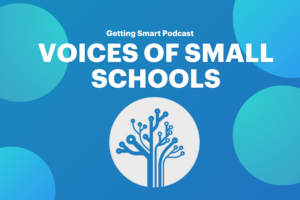
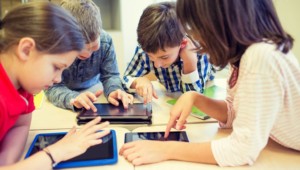
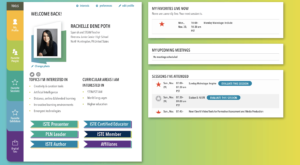
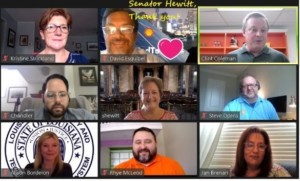
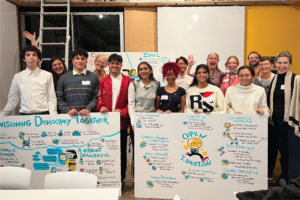
0 Comments
Leave a Comment
Your email address will not be published. All fields are required.